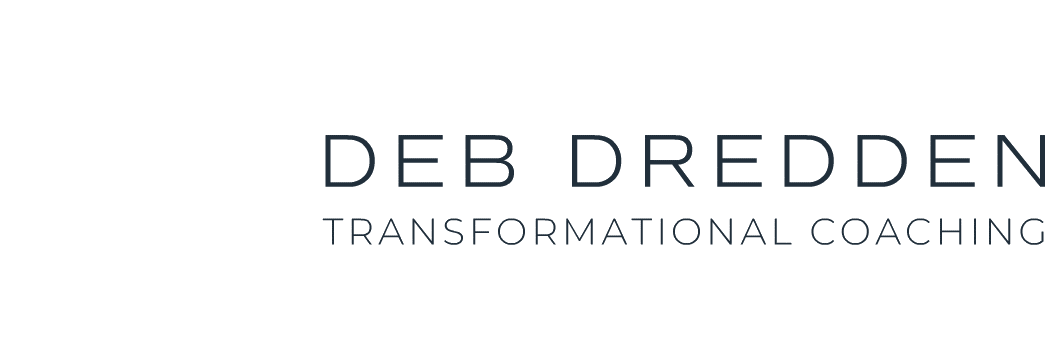It is essential to have an attitude of believing the best in others, and creating an environment of trust. It’s the foundation of any successful relationship and business. Yet understanding this concept can have its challenges.
The self-fulfilling prophecy refers to the idea that when someone creates a belief in something that is not yet true, and expects something with certainty, it will become true. With people, it suggests that as we communicate our expectations, they will conform and deliver the appropriate results.
“A SELF-FULFILLING PROPHECY IS AN ASSUMPTION OR PREDICTION THAT, PURELY AS A RESULT OF HAVING BEEN MADE, CAUSE THE EXPECTED OR PREDICTED EVENT TO OCCUR AND THUS CONFIRMS ITS’ OWN ACCURACY.” ~PAUL WATZLAWICK
When working with people, this is critical. When you express a lack of confidence in someone, it is often returned with mediocrity. However, if you believe in them and expect them to do well, research has shown that they will live up to that expectation.
What we expect, all too often, is exactly what we get.
The four key principles of the self-fulfilling prophecy:
· We form certain expectations, or beliefs, of people or events based on our own perceptions and experiences
· We communicate those expectations through our behaviors in a way that we would not have done without the belief
· People generally respond by adjusting their behavior to match
· The result is that the original expectation becomes reality
Based on these principles, we can conclude that the expectations leaders place on their team determines the quality of the teams’ output. A study of 100 self-made millionaires has shown that the most common characteristic in the group was the desire and ability to see the good in others. They were people builders, not critics. They empowered and supported their team to be their very best through positive means.
“A RELATIONSHIP WITHOUT TRUST IS LIKE A CAR WITHOUT GAS. YOU CAN STAY IN IT ALL YOU WANT, BUT YOU WON’T GO ANYWHERE!” ~UNKNOWN
Consider the culture at the John Maxwell organization. John looks at EVERYONE in his companies as a ‘10’. Everyone starts as a ‘10’ in terms of his faith, trust, and belief in them. They have to PROVE- through their words and actions- that they are not worthy of that level of trust. In essence, they have it until they lose it, and if they lose it, they can regain it. As Mark Cole, the CEO of all of John’s companies, describes it, this ‘Trust Meter’ is the philosophy in every one of them.
Because if you’ve hired the person, you’re essentially saying that you trust that person. No one intentionally hires someone they inherently don’t trust. But how often does that trust extend beyond the hiring offer? How often do leaders approach the relationship in the entire opposite manner, saying either through their own words and actions, that their trust has to be earned first? More often than not, this declaration creates an environment of fear, walking on eggshells, lack of risk-taking, and constant second-guessing as to whether or not- if ever- the employee measures up to the task of earning the mystical trust of the supervisor.
Imagine how invigorated, refreshed, uplifted and empowered your teams would be if they knew you viewed them as a ‘10’ up front? And even if that ’10’ slipped, it could be regained through honest, direct, timely, and supportive feedback with action plans in place with that intent fully evident? How would that leadership approach change the tenor and momentum of the morale, culture, and ultimately, the business?
Believing the best in people- and trusting them is a critical piece of building successful viable relationships and businesses. It’s the foundation of everything.

If you’d like to know more about how I can help to support you and/or your teams in a way that makes a MASSIVE difference in your results, please contact me to book a Strategy Conversation at Deb’s Calendar.
